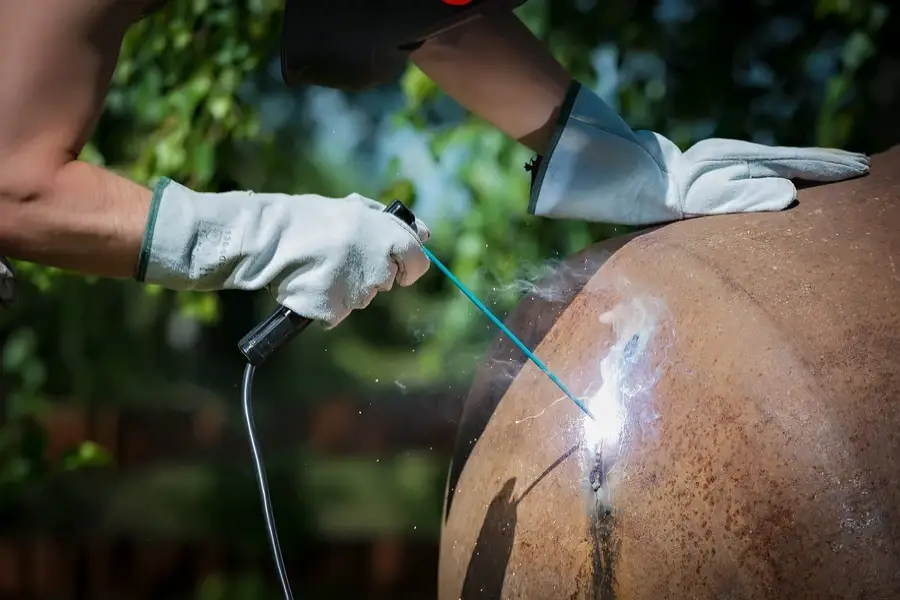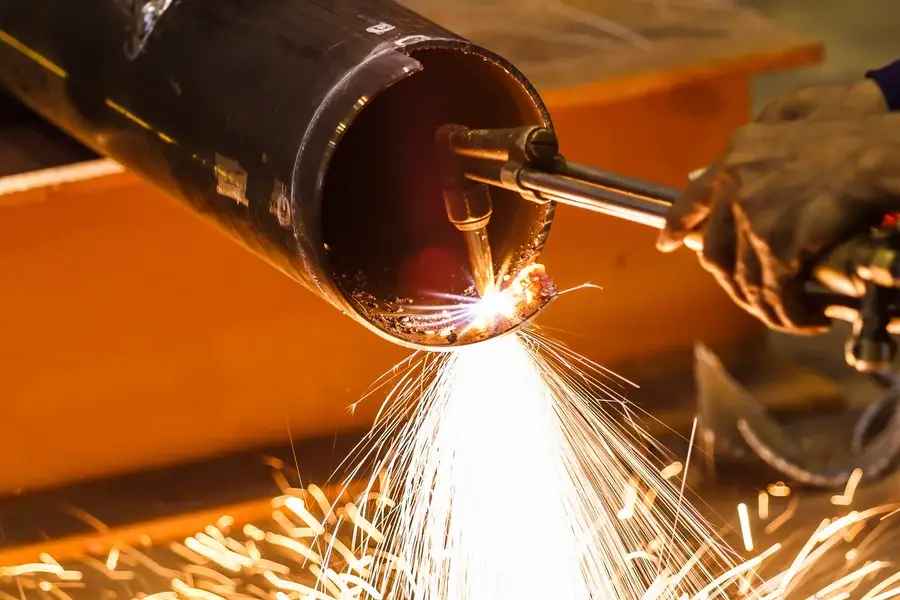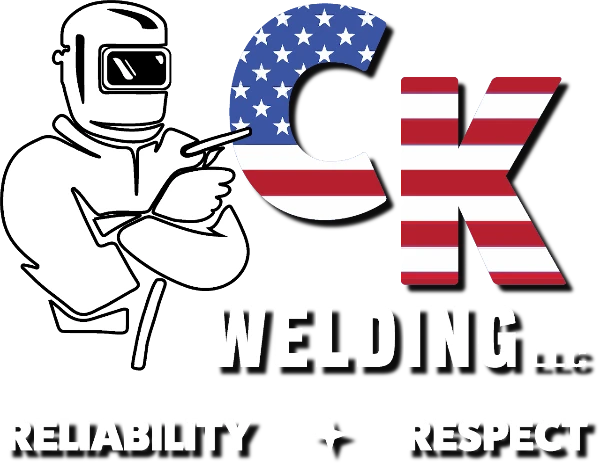Understanding Issues and Solutions in Metal Fabrication
Welding is a crucial process in metal fabrication. It is essential to ensure strong, reliable joints in various projects. However, specific defects can compromise the quality of your work. Understanding these common issues will help you produce better results. This guide provides insight into typical problems encountered during this type of welding, as well as preventive measures.

The Importance of Quality Control
Quality control is vital in ensuring that metal fabrication projects meet industry standards. This involves checking for defects during and after the welding process. A thorough inspection can identify issues early, saving time and resources. By addressing defects immediately, you minimize the risk of structural failures.
Pitting and Porosity Challenges
Pitting and porosity are common defects that occur due to gas pockets forming in the metal. These defects weaken the joint, making it less durable. To avoid pitting and porosity, use proper shielding gases and maintain a clean workspace during aluminum welding. Implementing these practices can improve the overall integrity of the weld.

Cracking Concerns
Cracks can appear either during the cooling phase or later under stress. They are often caused by high heat input or poor technique. Adjusting welding speed and using appropriate filler materials can reduce the likelihood of cracks forming in aluminum welding projects. Consistent monitoring helps catch potential issues before they develop.
Dealing With Distortion
Distortion happens when there is uneven heating and cooling during the welding process. This leads to unwanted changes in shape or dimensions. To prevent distortion, use clamps and fixtures to hold parts securely. Controlling heat input with precision and applying even pressure throughout ensures minimal deformation.
Best Practices for Successful Fabrication
Following best practices can significantly improve your welding outcomes:
- Ensure all equipment is properly maintained
- Select suitable filler materials
- Monitor temperature closely throughout the process
- Keep the working environment clean and organized
- Practice regularly to refine techniques
Adhering to Industry Standards
Compliance with industry standards ensures safety and reliability in welds. Familiarize yourself with relevant regulations regarding material types, temperatures, and methods. Regularly updating knowledge about advancements and regulatory changes keeps professionals informed and competitive.
Budget Considerations
Cost management is an important aspect of any project. Factors such as material costs, labor expenses, and machine maintenance should be considered from the start. Investing in quality tools and training may initially seem costly but offers long-term savings through reduced rework and increased reliability.
Your Path to Excellence in Fabrication
Avoiding defects enhances both the quality and lifespan of your projects. For expert advice tailored to your needs, reach out to CK Welding LLC. Contact me at (858) 203-0915 to discuss how I can assist you in achieving superior results. Based in Poway, CA, my services focus on delivering solutions that prioritize durability and efficiency.
